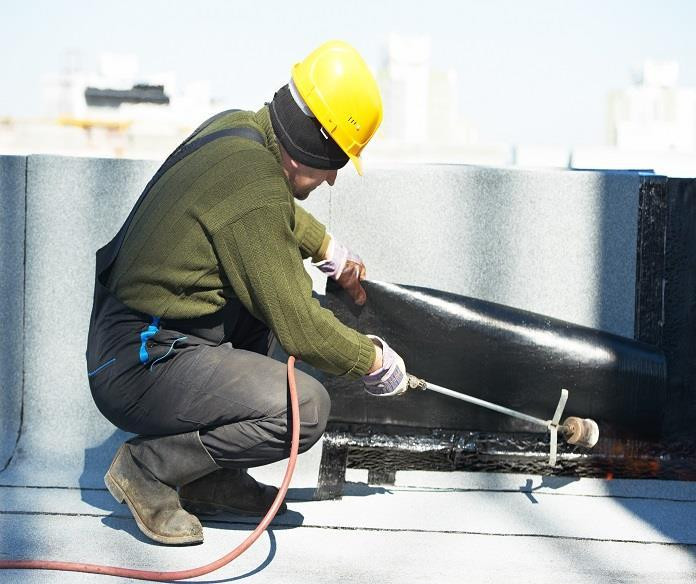When cylinders are being moved, stored or connected when propane equipment is being lit, and when people are working in areas with propane heaters and torches, there is a risk of an accident. The most typical propane risks are listed here.
An explosion or fire Propane can catch fire. The accumulation of gas from leaks at connections, broken lines, improper lighting procedures, or insufficient ventilation near stored cylinders might result in an explosion.
- Asphyxiation resulting from the removal of breathing air. Because propane gas is heavier than air, it can collect in small spaces and low-lying regions.
Frostbite Quick heat absorption by liquid propane from the body. It can induce frostbite if it comes in contact with the skin or eyes.
- Cylinder pressure If a propane cylinder's pressure is too high, the relief valve may open, releasing a significant volume of gas into the atmosphere. The pressure will be around 100 psi at 18 °C (65 °F). Workers who lift or move big cylinders without using adequate ergonomic practices run the risk of injuring themselves.
- Carbon monoxide is produced during the combustion of propane (CO). CO is a colourless gas that cannot be tasted, smelled, or seen. But can it take propane even in small amounts? Are you capable?
The Technical Regulations and Safety Authority are in charge of enforcing safety standards in Ontario in regard to fuel (TSSA). The TSSA has increased its enforcement of the law as it relates to pressurised gases like propane as a result of several major accidents over the past few years. Employees who handle propane and propane-related equipment must either possess the necessary skills through task-specific training or hold a Record of Training (ROT) certificate. (See Regulation 215/01 "Fuel Industry Certificates" for further information on actions that call for a ROT certificate.) Everyone else at the job site ought to at the very least be aware of the risks associated with propane and notify their supervisor if they have any concerns. Additionally, there are regulatory requirements for equipment approval, the operation of gas-fired equipment, and the transportation and storage of gas cylinders.
Are you looking for the propane safety training courses in Ontario? At Safetyfirsttraining.ca, we provide the safety training for each who associate, initiate or separate a propane construction heater. And also check out our Propane Construction Heaters Safety Training and Propane Safety Course. This course gives construction workers the knowledge and practical experience they need to properly connect, activate, and disconnect heaters, torches, and propane-powered machinery that produces less than 400,000 Btu/h. Feel free to contact us for more information.

Comments
Post a Comment